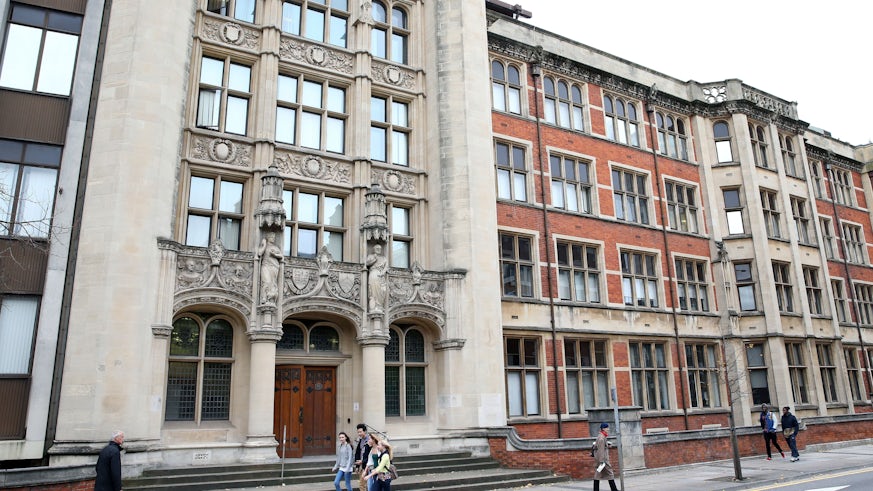Prof Luis Dorfmann joins the School as an RAEng Visiting Fellow
21 June 2018

The Applied and Computational Mechanics Research Group have welcomed Professor Luis Dorfmann to the School as a Royal Academy of Engineering Distinguished Visiting Fellow. Professor Dorfmann is employed in both the Department of Civil and Environmental Engineering and in the Department of Biomedical Engineering at Tufts University, in the United States. His research interests are in solid and experimental mechanics.
The objective of his current research is to advance knowledge and understanding in the area of biomechanics, with particular emphasis on the development of constitutive laws (mathematical models of material behaviour) for soft biological tissues and engineered materials, functional constructs at the macroscopic level and their components at the cellular and molecular levels.
Another major interest is the behaviour of materials that rapidly change their mechanical properties by the application of an external electric or magnetic field. He is interested in constitutive models, which account for the finite deformation of highly deformable materials in the presence of an electromagnetic field and for the strong nonlinear coupling between electromagnetic and mechanical effects.
Professor Dorfmann will be collaborating with Professor Gei from the School of Engineering on a project to improve existing constitutive laws and numerical tools to simulate active materials and bioactuation in soft robotics. The challenge of engineering soft bioactuated devices involves many disciplines including material science, computer science, mechanical engineering, electrical engineering, biomedical engineering and neuromechanics. The objective of this collaboration is to investigate bioelectric signalling that regulates the activation of muscle cells. Understanding bioelectric signalling is a very active research topic in biology as experiments have shown that multicellular bioelectric signalling controls many fundamental aspects of biological systems. It is believed that this is the first attempt to develop a modelling environment to improve understanding of bioelectric signalling.
Professor Dorfmann said: “I intend to use this visit to initiate a concentrated collaborative effort with Professor Gei to develop mathematical models and numerical tools to investigate bioelectrical signalling of muscle cells and the microenvironment. We are committed to building a new strategic collaboration between Cardiff University and Tufts University, which we hope will develop productive new relationships in the future.”